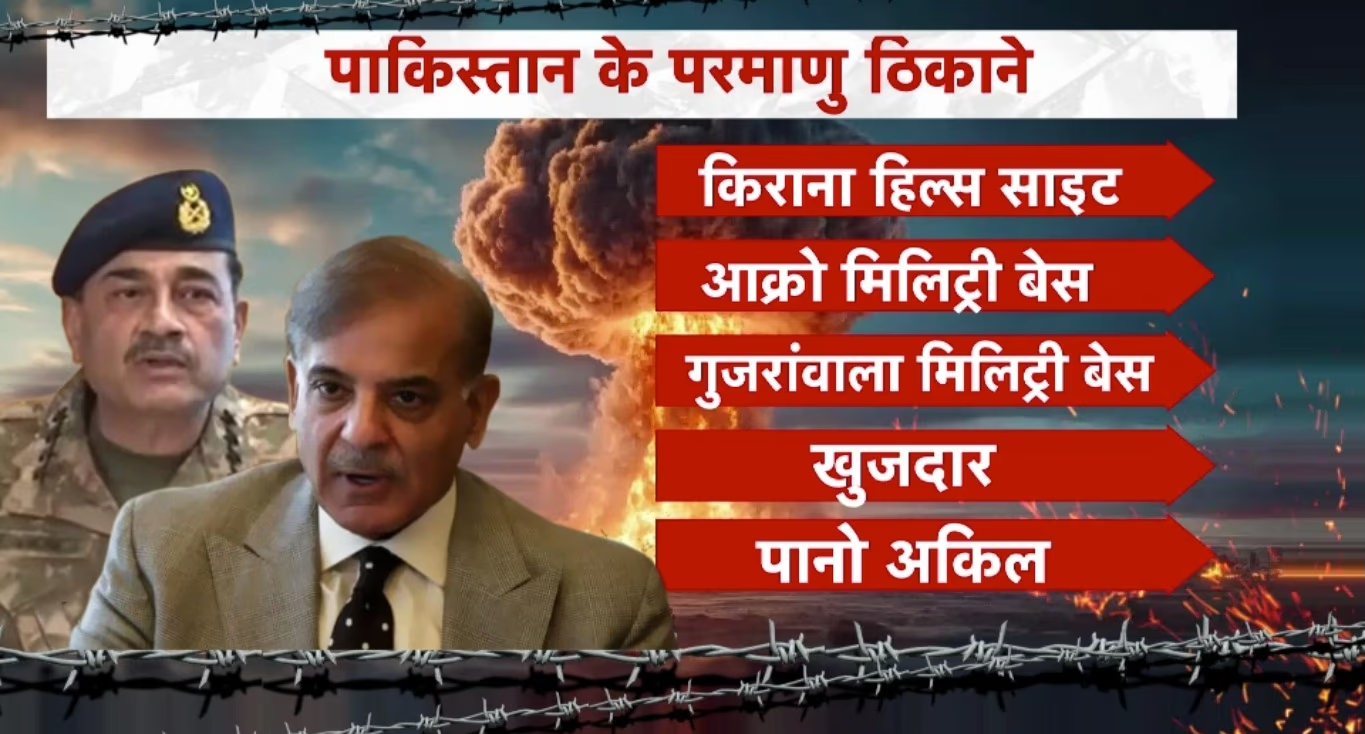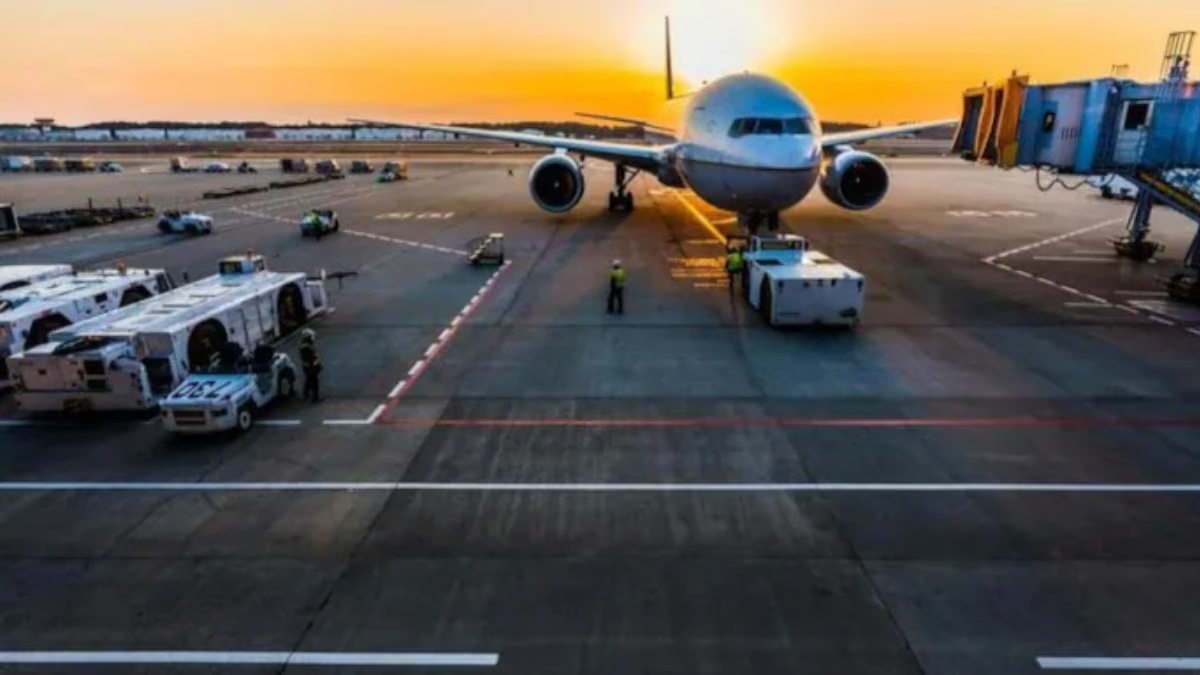Pakistan's nuclear arsenal is now under serious scrutiny. Concerns have escalated to the point where it's argued that control over Pakistan’s nuclear weapons should be reassigned. Although these weapons might remain in Pakistan, the permission to deploy them could be mandated by another authority. With even minor Pakistani leaders casually issuing nuclear threats, the outcry for curbing Pakistan's nuclear capabilities is rising.
A ceasefire was declared to halt recent military clashes between India and Pakistan. Subsequent to this, several statements from former U.S. President Donald Trump emerged, where he claimed to have prevented a nuclear war. While the veracity of Trump's statements is debatable, one truth stands firm: A country like Pakistan, labeled as supportive of jihadist ideologies, should not possess nuclear arms.
India's Defense Minister, Rajnath Singh, has questioned the safety of nuclear weapons in the hands of an irresponsible nation like Pakistan. Singh has called for the International Atomic Energy Agency (IAEA) to monitor Pakistan's nuclear arsenal. This raises the question: Will Pakistan's repeated nuclear threats to India cease?
Pakistan takes immense pride in its nuclear arsenal, but India has vowed to dismantle this pride. By questioning the security of Pakistan’s nuclear weapons, India forces the world to reconsider the potential threats. For the first time, India has sounded the alarm concerning Pakistan's nuclear weapons, prompting scrutiny into why Pakistan's nuclear arsenal poses a significant global threat.

Source: aajtak
Could Terrorists Access Nuclear Bombs?
Despite international pressure, Pakistan merely feigns action against global terrorists, as reports and images depict terrorists receiving state protection. Terrorist groups such as Lashkar-e-Taiba, Jaish-e-Mohammed, Hizbul Mujahideen, and Lashkar-e-Jhangvi are labeled by the UNSC as banned, yet their leaders roam freely in Pakistan. Astonishingly, the Pakistani government provides financial packages for international terrorist Masood Azhar’s headquarters and contemplates compensation for terrorists, indicating a state-terrorist alliance, evidenced by remarks from Minister Rana Tanveer Hussain.
Pakistan, surrounded by extremists like Hafiz Saeed and Masood Azhar, coupled with nuclear power, presents a threatening scenario. Yet the question remains: Could terrorists seize these nuclear arms? Pakistan's sympathy towards terrorists poses a monumental risk to global security. This danger is highlighted in a report by Harvard University researcher Sitara Noor, published as "Assessing Nuclear Security Risks in Pakistan" in 2023. The report warns that terrorist organizations active in Pakistan could potentially seize nuclear weapons, highlighting a perilous loss of control over such critical assets.
Joe Biden Has Also Expressed Concerns
The report's forewarning echoes prior concerns voiced by then U.S. President Joe Biden in October 2022, who deemed Pakistan as the world’s most dangerous country due to its erratic nuclear weapon management. Biden flagged Pakistan’s nuclear arsenal’s safety, stating, "I think Pakistan is among the world's most dangerous countries, with nuclear weapons lacking cohesion."
A report by Belfer Center for Science and International Affairs reinforces this, pointing to Pakistan's nuclear policies and weapon safety as a global concern. Pakistan, the lone nuclear power perpetually threatening nuclear warfare and with international terrorist ties, remains a worry for global peace.
Pakistan Holds Approximately 170 Nuclear Weapons
A report by the Bulletin of the Atomic Scientists reveals the presence of approximately 170 nuclear weapons in Pakistan as of 2023. These weapons are stored in scattered underground bunkers. However, public-domain information about them is limited. Details about some nuclear sites are available, like Kirana Hills, Ackermilitary Base, Gujranwala Military Base, Khuzdar, and Pano Aqil—each within close proximity to the Indian border.
Monitoring Pakistan’s nuclear arsenal is crucial since Pakistan isn’t a member of the Nuclear Non-Proliferation Treaty (NPT) and hasn't signed the Comprehensive Test Ban Treaty (CTBT). Consequently, Pakistan's nuclear policy and activities remain opaque to the world. Global experts argue that organizations like the UN and IAEA must exert control over Pakistan’s nuclear resources. While India has decisively stated that Pakistan’s nuclear blackmail won't succeed, the world must decide whether to keep observing or take decisive action against Pakistan’s nuclear maneuvers.




